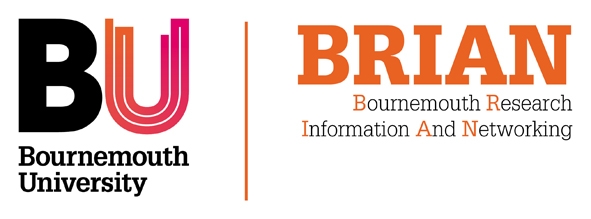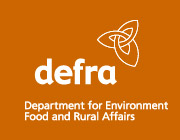 There are two health/medical science related funding opportunities available through the British Heart Foundation.
There are two health/medical science related funding opportunities available through the British Heart Foundation.
The first is ‘Clinical Study Grants‘ (click the link for more information on how to apply). A summary of the call is as follows:
For clinical trials and other clinical studies costing more than £300,000.
Entry requirements
- The principal investigator will be a senior researcher working in an established research institution in the UK. S/he must have a strong track record of grant support, usually from us, and an internationally recognised research profile.
- Any multicentre interventional clinical trial, while remaining under the scientific control of the principal investigator, should be managed by a UKCRC-registered Clinical Trials Unit (CTU) and should include a member of the CTU as a co-applicant or principal investigator.
- For multicentre observational studies, applicants should consider a mentorship arrangement with a CTU — BHF will judge the need for this arrangement on a case by case basis.
Grant duration
Up to 5 years, with an interim review at the half way point. BHF may consider a staged award based on proof of adequate recruitment and progress if deemed appropriate.
Award may include
- Staff salaries. For example: research fellow, clinical trial co-ordinator, research nurse, where fully justified.
- Research consumables directly attributable to the project.
- Research equipment essential for the project.
The second opportunity is ‘Immediate postdoctoral basic science research fellowships’ (click the link for more information on how to apply). A summary of the call is as follows:
To provide an opportunity for the most promising newly qualified postdoctoral researchers to make an early start in developing their independent cardiovascular research careers in an established institution in the UK.
Entry requirements
- Candidates should be in the final year of their PhD studies or have no more than one year of postdoctoral research experience from the date of the PhD viva.
- Candidates must be able to show, by publications or otherwise, evidence of exceptional research ability.
- The fellowship will not usually be held in the institution where the PhD was carried out.
- Residency requirements apply – check eligibility.
Grant duration
- 3 years with the possibility of a 1 year extension if a strong case can be made (e.g. that this will lead to a competitive application for a more senior personal award).
- BHF strongly encourage that up to 1.5 years of the award are spent overseas or in a second UK institution.
- A supervisor is required in each laboratory, who must be able to guarantee the candidate access to space and resources for the required period and provide relevant scientific guidance.
Award may include
- Salary of applicant.
- Reasonable research consumables and small items of equipment, directly attributable to the project.
- Economy return travel costs to second laboratory for the fellow only.
Decision process for both calls
There are no closing dates. Please submit the application when it is ready.
The RKE Operations team can help you with your application.
 Grant Linked studentships
Grant Linked studentships 






















 ESRC Festival of Social Science 2024 Open Call – Deadline for Applications Thursday 16 May
ESRC Festival of Social Science 2024 Open Call – Deadline for Applications Thursday 16 May We can help promote your public engagement event or activity
We can help promote your public engagement event or activity Horizon Europe News – December 2023
Horizon Europe News – December 2023